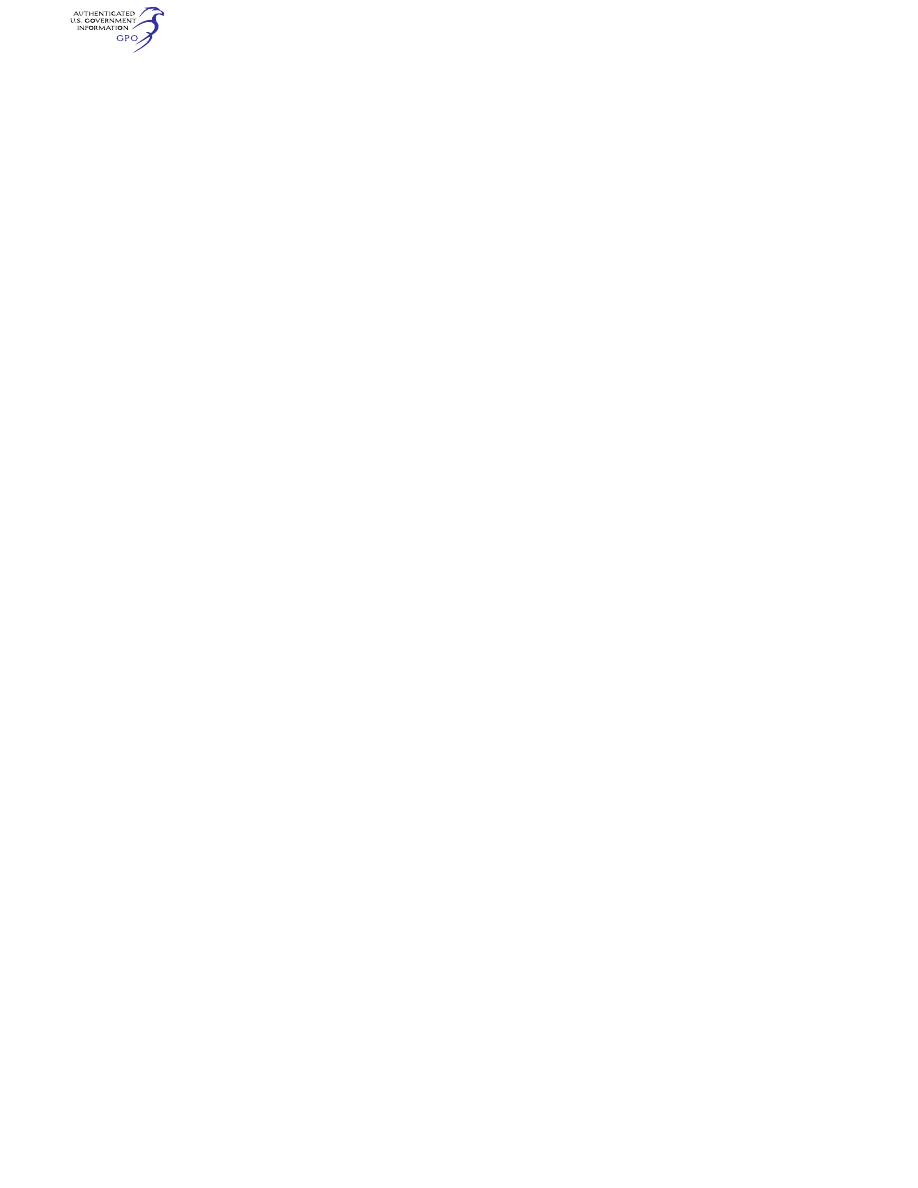
577
Federal Aviation Administration, DOT
§ 29.29
cannot be reasonably inferred from
combinations investigated.
[Doc. No. 5084, 29 FR 16150, Dec. 3, 1964, as
amended by Amdt. 29–24, 49 FR 44435, Nov. 6,
1984]
§ 29.25
Weight limits.
(a)
Maximum weight. The maximum
weight (the highest weight at which
compliance with each applicable re-
quirement of this part is shown) or, at
the option of the applicant, the highest
weight for each altitude and for each
practicably separable operating condi-
tion, such as takeoff, enroute oper-
ation, and landing, must be established
so that it is not more than—
(1) The highest weight selected by
the applicant;
(2) The design maximum weight (the
highest weight at which compliance
with each applicable structural loading
condition of this part is shown); or
(3) The highest weight at which com-
pliance with each applicable flight re-
quirement of this part is shown.
(4) For Category B rotorcraft with 9
or less passenger seats, the maximum
weight, altitude, and temperature at
which the rotorcraft can safely operate
near the ground with the maximum
wind velocity determined under
§ 29.143(c) and may include other dem-
onstrated wind velocities and azi-
muths. The operating envelopes must
be stated in the Limitations section of
the Rotorcraft Flight Manual.
(b)
Minimum weight. The minimum
weight (the lowest weight at which
compliance with each applicable re-
quirement of this part is shown) must
be established so that it is not less
than—
(1) The lowest weight selected by the
applicant;
(2) The design minimum weight (the
lowest weight at which compliance
with each structural loading condition
of this part is shown); or
(3) The lowest weight at which com-
pliance with each applicable flight re-
quirement of this part is shown.
(c)
Total weight with jettisonable exter-
nal load. A total weight for the rotor-
craft with a jettisonable external load
attached that is greater than the max-
imum weight established under para-
graph (a) of this section may be estab-
lished for any rotorcraft-load combina-
tion if—
(1) The rotorcraft-load combination
does not include human external cargo,
(2) Structural component approval
for external load operations under ei-
ther § 29.865 or under equivalent oper-
ational standards is obtained,
(3) The portion of the total weight
that is greater than the maximum
weight established under paragraph (a)
of this section is made up only of the
weight of all or part of the jettisonable
external load,
(4) Structural components of the
rotorcraft are shown to comply with
the applicable structural requirements
of this part under the increased loads
and stresses caused by the weight in-
crease over that established under
paragraph (a) of this section, and
(5) Operation of the rotorcraft at a
total weight greater than the max-
imum certificated weight established
under paragraph (a) of this section is
limited by appropriate operating limi-
tations under § 29.865 (a) and (d) of this
part.
[Doc. No. 5084, 29 FR 16150, Dec. 3, 1964, as
amended by Amdt. 29–12, 41 FR 55471, Dec. 20,
1976; Amdt. 29–43, 64 FR 43020, Aug. 6, 1999;
Amdt. 29–51, 73 FR 11001, Feb. 29, 2008]
§ 29.27
Center of gravity limits.
The extreme forward and aft centers
of gravity and, where critical, the ex-
treme lateral centers of gravity must
be established for each weight estab-
lished under § 29.25. Such an extreme
may not lie beyond—
(a) The extremes selected by the ap-
plicant;
(b) The extremes within which the
structure is proven; or
(c) The extremes within which com-
pliance with the applicable flight re-
quirements is shown.
[Amdt. 29–3, 33 FR 965, Jan. 26, 1968]
§ 29.29
Empty weight and cor-
responding center of gravity.
(a) The empty weight and cor-
responding center of gravity must be
determined by weighing the rotorcraft
without the crew and payload, but
with—
(1) Fixed ballast;
(2) Unusable fuel; and
(3) Full operating fluids, including—
VerDate Sep<11>2014
09:06 Jun 28, 2024
Jkt 262046
PO 00000
Frm 00587
Fmt 8010
Sfmt 8010
Y:\SGML\262046.XXX
262046
jspears on DSK121TN23PROD with CFR